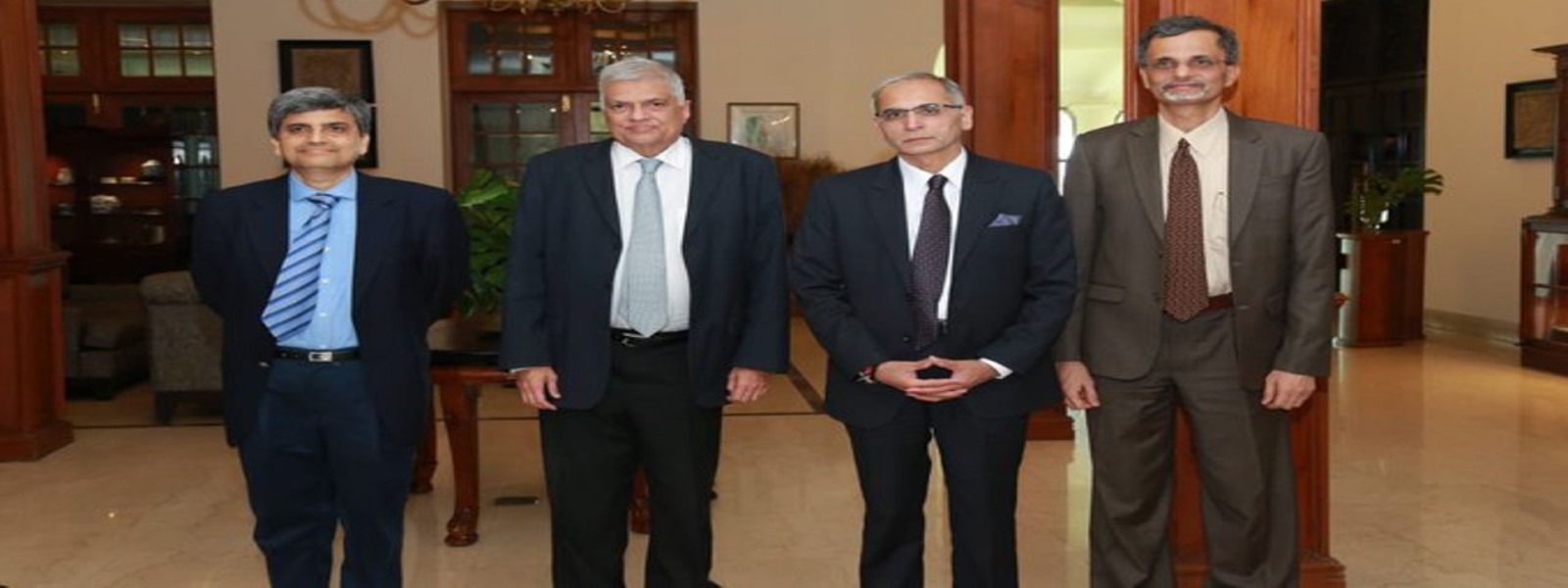A top Indian official has held talks with Sri Lanka’s president and prime minister as India signals its willingness to go beyond the $4bn in loans, swaps and aid that it has already provided its cash-strapped neighbour.
Sri Lanka is facing its worst economic crisis in seven decades, with a severe foreign exchange shortage hampering the importation of essentials including food, fuel and medicines.
The island nation off the tip of southeast India needs about $5bn in the next six months to cover basic necessities for its 22 million people, who have been struggling with long queues, worsening shortages and power cuts.
Indian Foreign Secretary Vinay Kwatra, accompanied by finance ministry officials, held talks with President Gotabaya Rajapaksa and Prime Minister Ranil Wickremesinghe in the commercial capital, Colombo, officials said on Thursday.
“Underlined India stands ready to help Sri Lanka in quick economic recovery through promoting investments, connectivity and strengthening economic linkages,” Indian foreign ministry spokesman Arindam Bagchi posted on Twitter.
The Indian team held a separate meeting with Wickremesinghe, the central bank governor and finance ministry officials, an official from the prime minister’s office said.
“The delegation will also hold discussions with senior officials on the economic situation in the country and the short-term and long-term assistance requirements,” Sri Lanka’s foreign ministry said in a statement.
India has been the principal source of foreign assistance to Sri Lanka this year, supplying more than $4bn, Wickremesinghe told parliament this week.
The neighbours are also in talks for additional support including a $500m credit line for fuel and help with importing fertiliser and rice as Sri Lanka attempts to stave off a food crisis, officials said.
Sri Lanka plans to hold a donor conference with China, India and Japan, Wickremesinghe said, as it continues talks with the International Monetary Fund for a bailout package of about $3bn.
A critical shortage of foreign currency and runaway inflation have made life a misery for the South Asian country’s 22 million people.
Economy ‘has collapsed’: PM
Meanwhile, Sri Lanka’s parliament cancelled its remaining sittings for the week to save fuel, officials said on Thursday, with a disastrous economic crisis rapidly depleting the island nation’s already scarce petrol supplies.
Parliamentary officials said politicians decided not to hold sessions on Thursday and Friday to avoid unnecessary petrol use, days after authorities closed schools and some state offices for the same reason.
Wickremesinghe told parliament on Wednesday the nation’s economy had “collapsed” and it faces “a far more serious situation” than the shortages alone as he warned of “a possible fall to rock bottom”.
“Our economy has completely collapsed,” he said. “We are now facing a far more serious situation beyond the mere shortages of fuel, gas, electricity and food.”
Energy minister Kanchana Wijesekera said a gasoline shipment that was due on Thursday had been delayed and urged motorists to cut down on travel.
“Only limited amounts of petrol will be distributed to pumping stations today and tomorrow,” he told reporters in Colombo, with motorists already waiting in line for days to top up their tanks.
Economists and other Sri Lankans said they were hoping the government would find ways to revive the economy.
“What the prime minister should do is not to make announcements. He has to come up with a plan to reactivate the system,” said W A Wijewardena, an economist and former deputy governor of Sri Lanka’s Central Bank.


